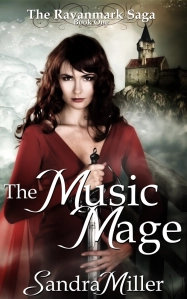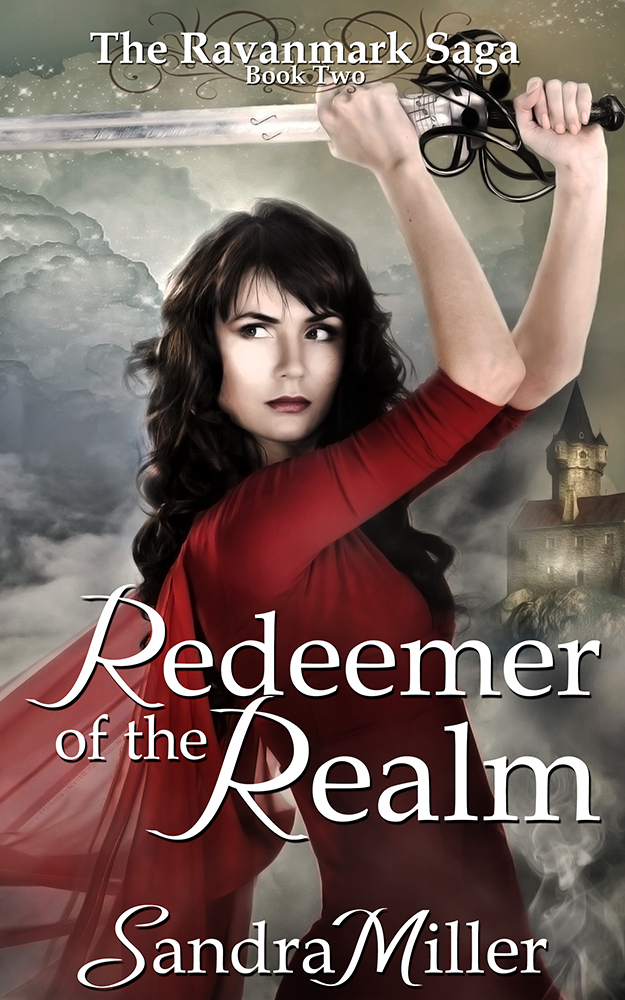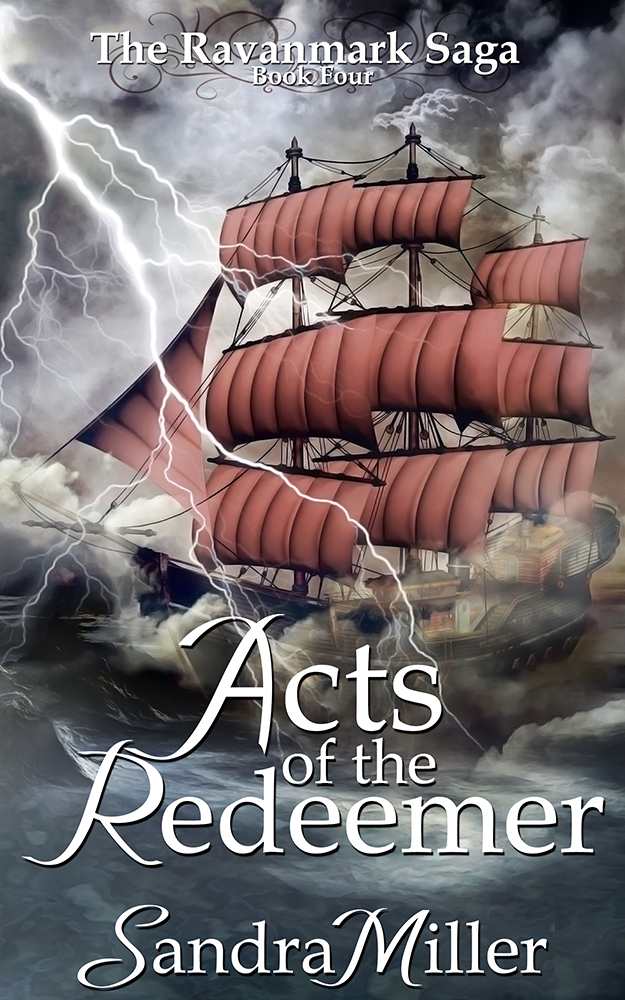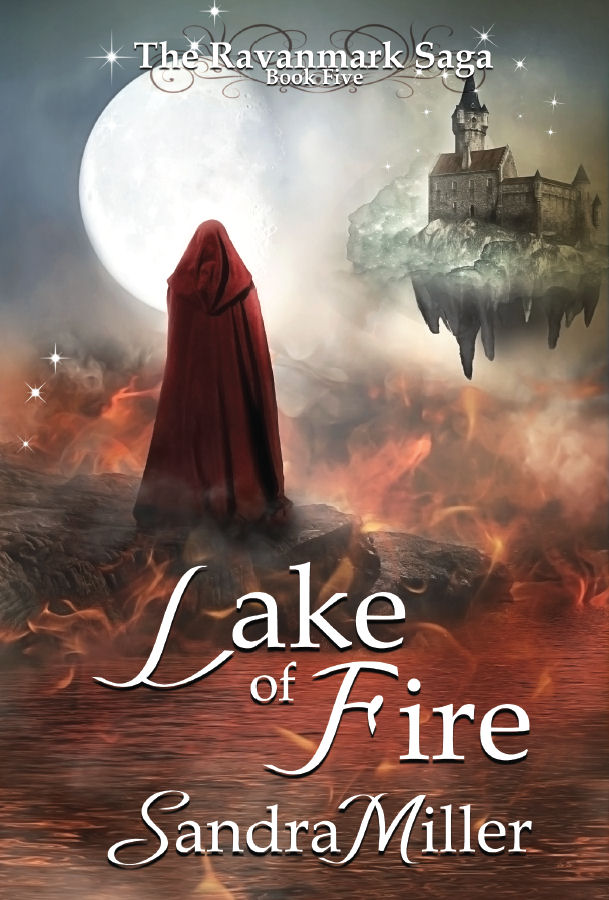 One of the benefits of indie publishing (yes, there are benefits!) is having total control over the entire process, and the appearance of your finished product.
One of the benefits of indie publishing (yes, there are benefits!) is having total control over the entire process, and the appearance of your finished product.
Of course, this leads us to one of the drawbacks as well. Major publishing houses have copywriters who do back cover copy, and do it very well. Most authors are not well-prepared to write their own copy, and many are too close to the work to do it well. As an indie-published author, back cover copy is also something you have total control over.
Can I just say it? That can sort of stink. I’ve pulled my hair out a time or two over back cover text, and never been really happy with any of it. In fact I became so completely unhappy with Concerto’s back cover copy that I recently decided to rewrite it.
Of course, the book is out there. I’m done with it, and unless I decide it’s worth pulling it off the market for a few days to update the cover (Edited to add: which I did :), the original back cover text will remain.
But in attempting to rewrite it, I had to take a step back and think about what back cover copy really does, and how it should be written. We’re writers. There’s no reason we can’t write decent back cover copy, along with stories and books and everything else we write. We just need to know what the rules are, because it’s very different from writing a novel.
I’d like to share with you what I learned. You can use my results to decide whether my method is worth bothering with for yourself.
So to start, my original back cover text, with my apologies:
What if…
…you could work with the greatest violinist
in history?
…the greatest violinist in history was also
the chief suspect in his wife’s murder?
…a violent stalker terrorized you just outside
the reach of the law?
What if…
…the only person who could stop the stalker
…solve the murder
…and save your life…
…was you?
Join Chrispen Marnett on the journey of a lifetime as she unravels the layers of the past…
…love…
…lies…
…music…
…murder…
…to discover the truth about the Newton Philharmonic Symphony Orchestra and its international celebrity concertmaster, Alexis Brooks.
Okay, so there are some problems here. Even I could see that, though I wasn’t immediately clear how to fix it. It seems to be composed simply to take up a lot of space on the page, but its problems go deeper than that. I think one of the reviews on Goodreads says it best:
…the synopsis on the back cover did not promise much…
Is she right, or is she right?
So I took a step back. When you look at a book, probably the first thing you look at is the cover. I like my cover, so we’re good there. What’s the next thing you do? If you’re like most people, you flip it over and check out the back cover text. What are you looking for there?
This is an important question, though it seems obvious. Missing this question is why my back cover copy was such a mess. I had no grasp at all on why a person reads back cover text in the first place.
Back cover text needs to convey five basic things to be successful.
I love these questions. If you read my recent posts on Ideas, then you’ve seen my fascination with them. They work here too.
Who–you must introduce your main character, and at least reference your villain. You may also reference other supporting characters, like love interest or sidekick, depending on how strong a part they play in the story. My main character is mentioned only in the last paragraph. I suppose we assume the violent stalker is the enemy. And there is a famous violinist in there somewhere…nothing is very clear about any of these characters, though.
Why–this is your primary conflict that drives your story. Why is this story happening? I suppose I would assume the primary conflict in the copy above is our protagonist vs the violent stalker. Hard to be sure, though, since it’s somewhat hard to tell who the protagonist actually is.
Where–your setting. Give a nod to where all this is happening, it makes a difference to your reader. How much emphasis you want to give this really depends on the book you’ve got. Setting can play a pretty major role in some genres. If Concerto had been a fantasy or sci-fi novel, the setting would have required more explanation. But in this blurb above–I feel like the setting is absent entirely.
What–it’s hard to explain, but this should reference your genre. It’s the “what” happens to make it a romance, or a western, or a whatever. This is where you put some spin on the ball, to angle it to your target readers. I don’t know that there is anything in the cover text above that would angle this very strongly to suspense readers, or any other kind of reader, really.
How–this is your hook. It’s how you are going to hold your reader’s attention–if you can’t hold them to the end of your blurb, you will never keep them all the way through your book. Cite the danger, risk, or threat that raises the stakes and keeps the pressure on.
Keeping these things in mind, I took another stab at writing back cover copy for Concerto. I know I’m biased, but I think this is a more effective blurb:
“I see you.”
Three simple words from her telephone in the dead of night send violinist Chrispen Marnett’s life spiraling in directions she never imagined. The chance to work with the greatest violinist alive drew her to Newton, but nothing could have prepared her for what she found there. Terror lurks in unexpected places–a ringing phone, a late-night rehearsal, unexpected flowers.
And what could have prepared her for Alexis Brooks: symphony concertmaster, international superstar, and accused murderer? Withdrawn and moody, Alexis is cut off from everyone around him; his colleagues in the symphony, his fans, even his own father. Everyone from her mother to the Newton Police has warned Chrispen against Alexis, but as her own danger increases, he may be her only ally.
Join Chrispen on the journey of a lifetime as she fights for her sanity, her happiness, and her life. To survive, she must unravel the layers of the past and learn the secrets the Newton Philharmonic Symphony Orchestra hides.



 I worry about the future of big traditional publishing houses, I really do. They are behemoths, giant corporate entities owned by giant conglomerates. Change comes slowly, when it comes at all.
I worry about the future of big traditional publishing houses, I really do. They are behemoths, giant corporate entities owned by giant conglomerates. Change comes slowly, when it comes at all.





 One of the benefits of indie publishing (yes, there are benefits!) is having total control over the entire process, and the appearance of your finished product.
One of the benefits of indie publishing (yes, there are benefits!) is having total control over the entire process, and the appearance of your finished product.








